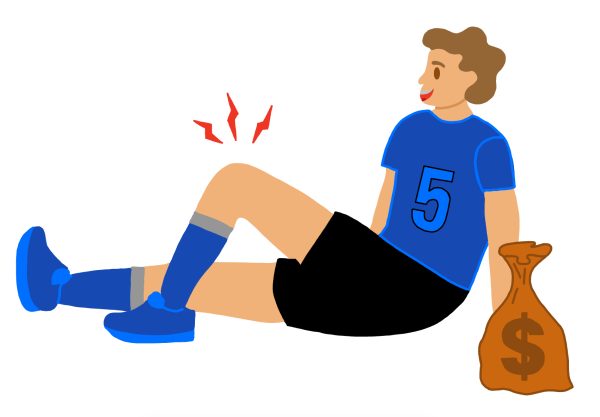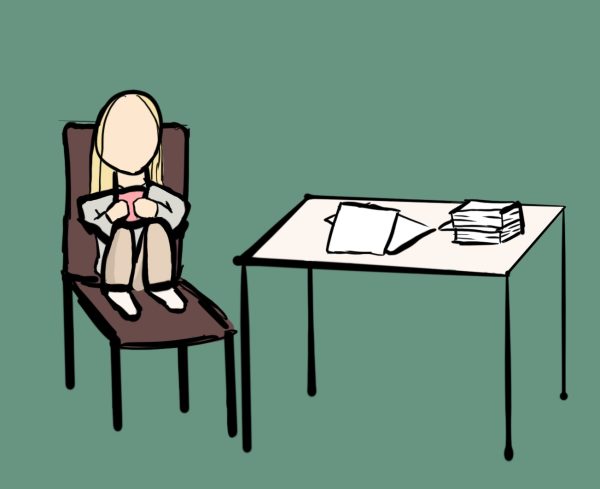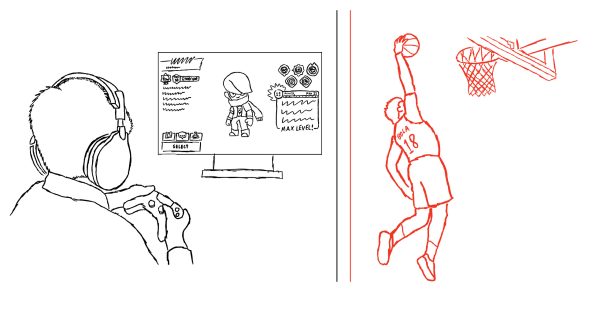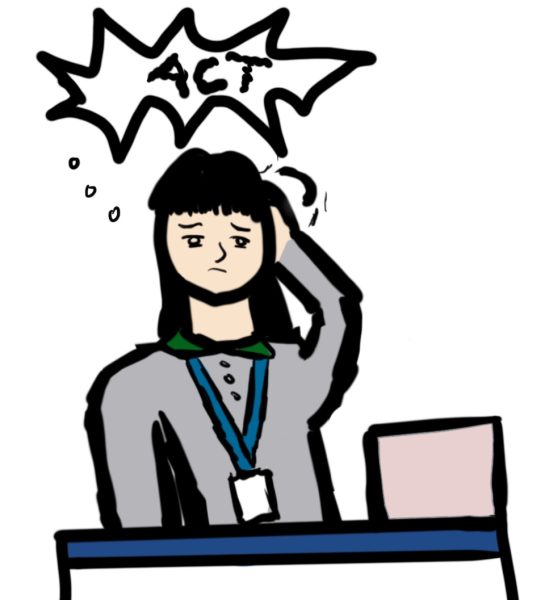Vaccines prove an essential component of public health
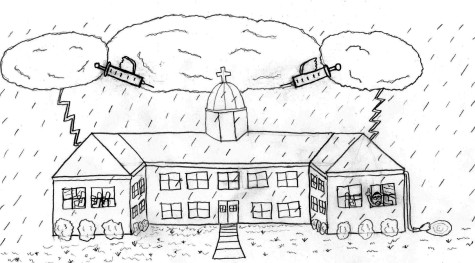
Vaccines are one of the most influential medical innovation in human history. They have virtually knocked out preventable diseases that caused millions of deaths and untold suffering. The Centers for Disease Control estimated that 732,000 American children were saved from death and 322 million cases of childhood illnesses were prevented between 1994 and 2014 because of vaccination. Yet some people still refuse to vaccinate their children.
A dangerous anti-vaccination trend is emerging, and it affects everyone. Some parents recall a 1987 medical study reported by British surgeon Andrew Wakefield, that linked vaccines to autism. That study has been discredited, but is still embraced by thousands. In response to disease outbreaks, some states have taken action. On June 30, 2015, California took one of the most progressive steps in the nation against preventable disease and passed a law mandating, starting next year, childhood vaccines regardless of religious or personal objections. The bill exempts only those with diagnosed medical conditions that prevent safe vaccination. Lawmakers did not take this action lightly.
California has some of the highest unvaccinated rates in the country. According to the Atlantic, 60 to 70 percent of the parents have filed for exemptions, giving an effective vaccination rate as low as that of Chad or South Sudan. Opponents of this bill are very vocal. These “anti-vax” parents believe the bill tramples on their personal rights and puts their kids in danger. These parents fail to acknowledge the actual medical testing and scientific proof that vaccines are safe and effective at preventing disease. Vaccines go through rigorous testing before human trials even begin. This includes testing for all possible adverse effects.
What is most frightening about the anti-vaccination movement is the damage it inflicts on other people. This is particularly true for the very young and immunocompromised that cannot receive a vaccination. Just last winter in Palatine, unvaccinated toddlers brought measles into a public daycare. Several babies contracted the disease, which was a very serious concern.
A highly vaccinated community creates a cushion for those who are sick, young or immunocompromised. Vaccination is not only a personal decision but also a moral mandate for the benefit of society.
Your donation will support the student journalists of Saint Viator High School. Your contribution will allow us to purchase equipment and cover our annual website hosting costs.



